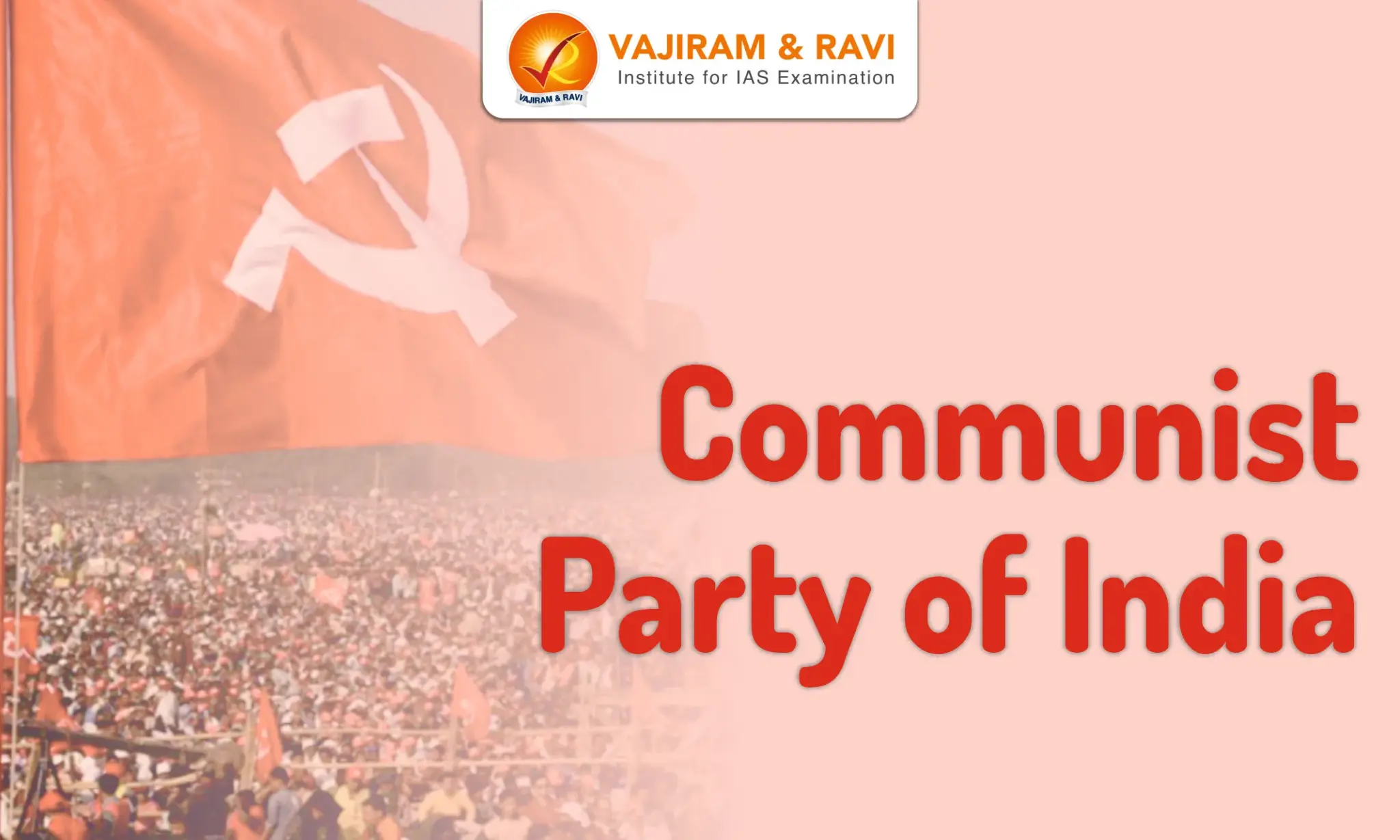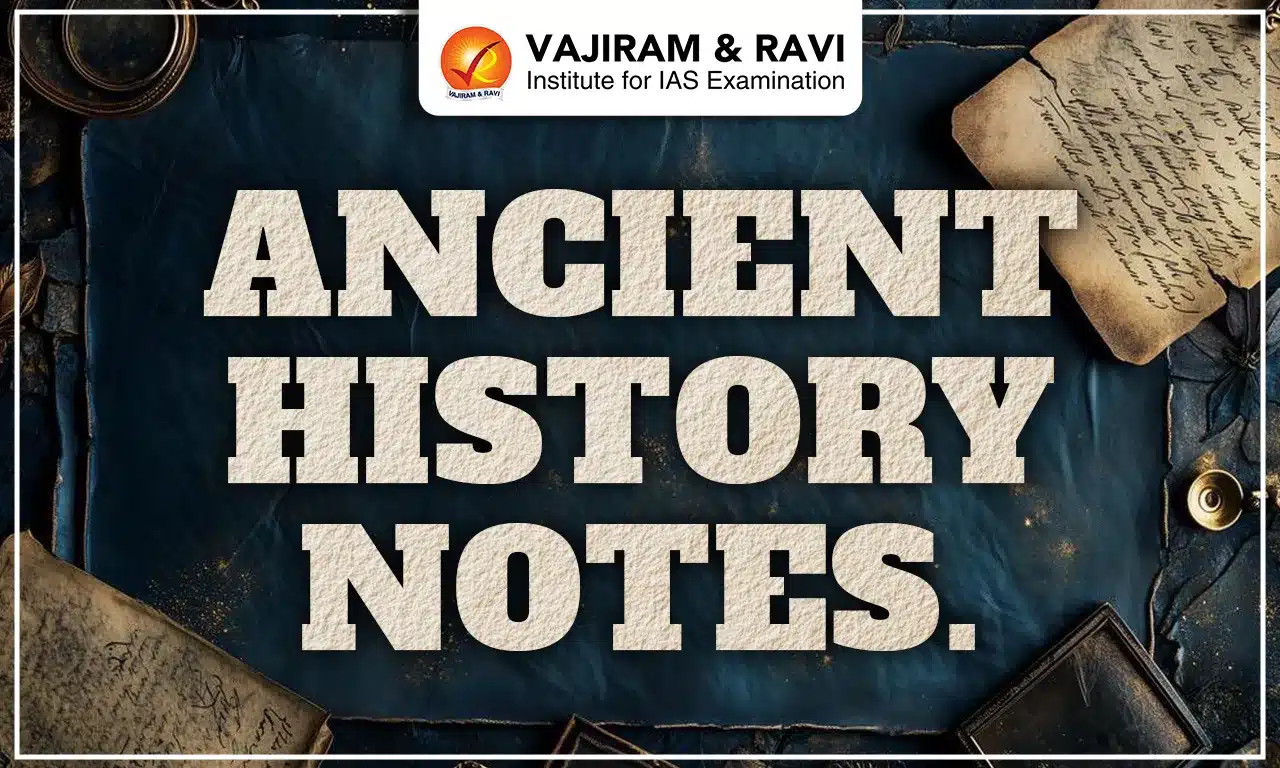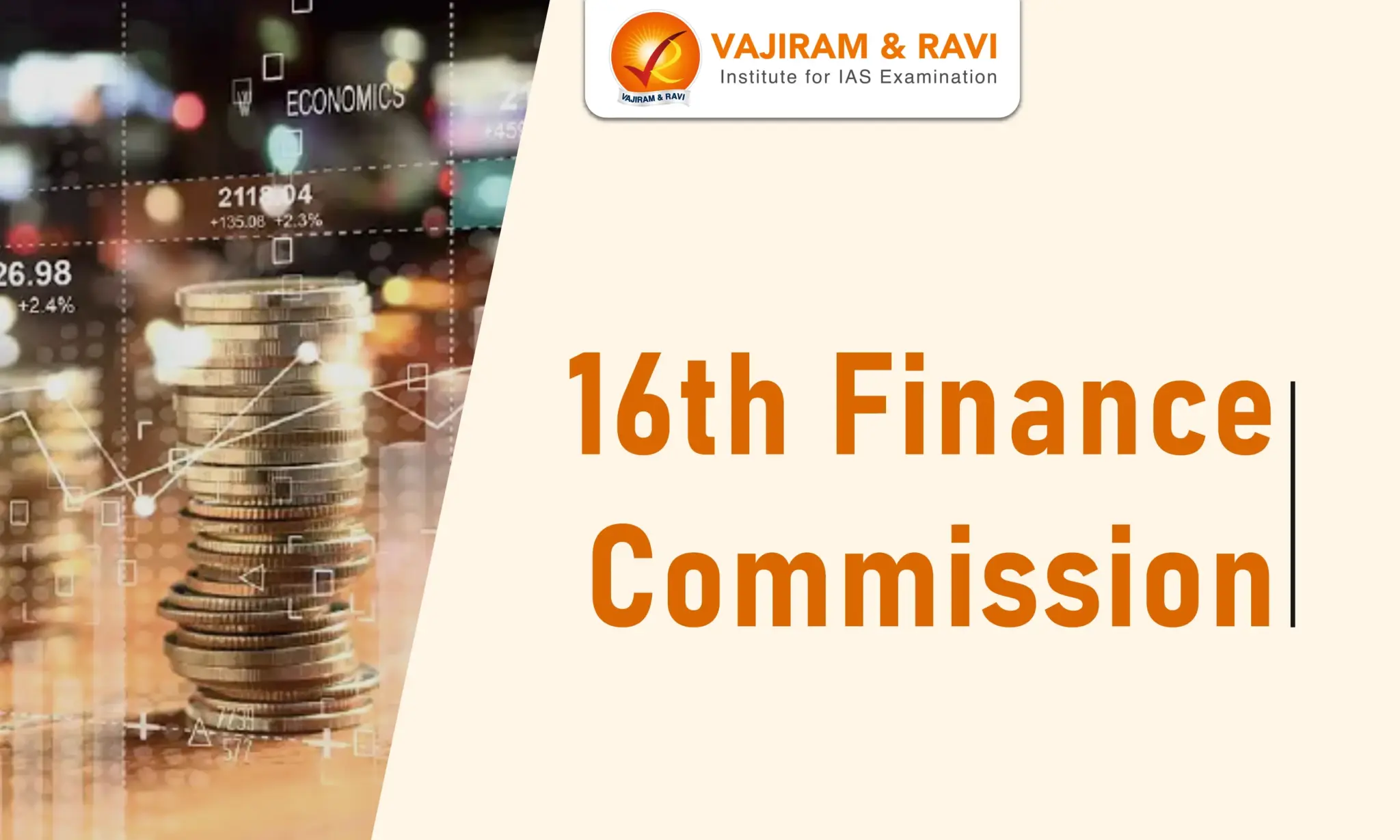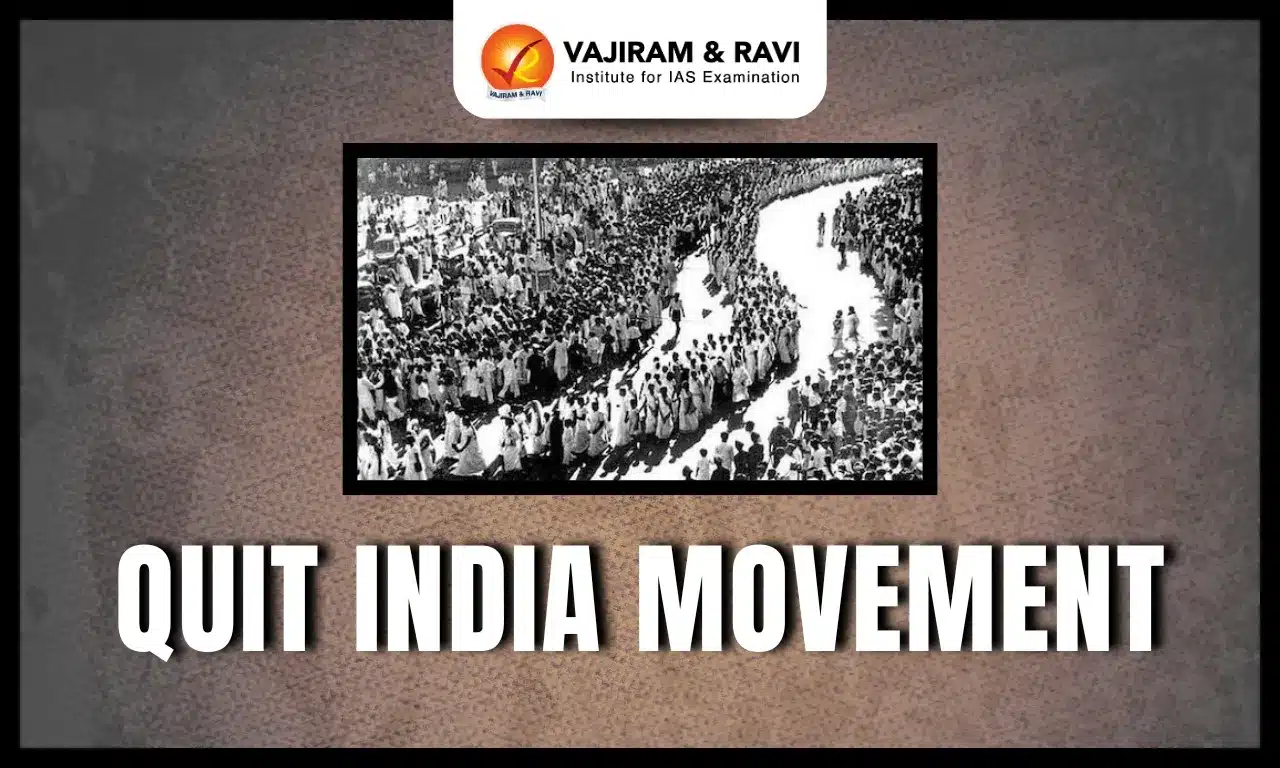The Communist Party of India (CPI), founded in 1920, advocated radical societal changes inspired by Marxist and socialist ideals. Founders like M.N. Roy and Abani Mukherji established CPI in Tashkent after the second Congress of the Comintern, reflecting growing discontent among young nationalists seeking alternatives to Gandhian non-violence principles.
Throughout the 1920s, the CPI played a vital role in the national movement, organising workers' and peasants' parties while facing government crackdowns, including the Meerut conspiracy case in 1929. Despite these challenges, the CPI collaborated with the Indian National Congress, promoting Marxist and communist ideals and significantly influencing India’s struggle for independence.
Communist Party of India History
The formation of the Communist Party of India (CPI) in 1920 arose from a backdrop of global ideological shifts and local dissatisfaction with colonial rule. The success of the 1917 Soviet Revolution inspired Indian revolutionaries, who saw Marxism as a path to social and economic justice that could transform India’s fight for independence.
- Rising Discontent: As dissatisfaction with existing nationalist strategies, including Gandhian non-violence, grew among Indian activists, many questioned their effectiveness.
- They began to feel that these methods were insufficient for addressing India’s deep-rooted economic inequalities and class hierarchies.
- Global Influence: Further, Indian revolutionaries studying and working abroad, like M.N. Roy, Abani Mukherji, and others, connected with global socialist movements and saw in Marxism a potential blueprint for Indian society.
- Foundation: With support from the Soviet-led Comintern, which sought to foster international communist movements, the CPI was officially founded in Tashkent on 17 October 1920.
- This international collaboration gave the CPI a distinct ideological foundation, aiming to merge anti-colonial nationalism with socialism and class consciousness.
Communist Party of India Formation
The Communist Party of India (CPI) began to take shape in 1920, when M.N. Roy, Evelyn Trent-Roy, Abani Mukherji, Mohammad Shafiq, and other Indian revolutionaries gathered in Tashkent to initiate a communist movement for India. During this period, small communist groups were also forming in Bombay, Madras, Bengal, and other regions, often with support from foreign networks.
- Ideological Foundation: These early efforts connected Indian communists with anti-colonial groups like Anushilan and Jugantar, providing a distinct ideological foundation based on Marxism and class struggle.
- Kanpur Bolshevik Conspiracy Case: Additionally, in 1924, several communists, includingS.A. Dange, Muzaffar Ahmed, Shaukat Usmani, and Nalini Gupta, were imprisoned as part of the Kanpur Bolshevik Conspiracy Case.
- This event highlighted the challenges faced by the movement during its formative years
- Kanpur Conference of CPI: The CPI held its first conference on 26 December 1925 in Kanpur, where S.V. Ghate became the first General Secretary.
- This conference is officially considered the founding of the CPI, despite debates over whether 1920 marked its true origin.
Objectives of Communist Party of India (CPI)
The CPI's primary objectives were grounded in Marxist-Leninist principles, aiming for a democratic revolution as a pathway to socialism. Initially, the party championed militant anti-imperialism and international solidarity, running parallel to the nonviolent movements led by leaders such as Mahatma Gandhi.
- Over time, its goals expanded to encompass social equality, land redistribution, and the empowerment of marginalized communities.
- The CPI also advocated for the nationalization of key industries and pursued social justice through progressive reforms.
CPI Split
In 1964, ideological rifts led to a significant split within the party, resulting in the formation of the Communist Party of India (Marxist) (CPI(M)), which adopted a more radical stance compared to the CPI. This split weakened the CPI's influence nationally as the CPI(M) began to dominate leftist politics.
CPI Role in Freedom Struggle
The CPI played a significant role in India's freedom struggle, particularly during the 1930s and 1940s. It engaged in various activities against British colonial rule.
- CPI organized strikes, worker protests, and anti-colonial movements.
- Contribution to the Quit India Movement, albeit with a controversial stance initially aligned with the Soviet Union’s wartime policies.
- Formation of Kisan Sabhas and labour unions to mobilize peasants and workers.
Communist Party of India Leaders
Notable leaders of the Communist Party of India (CPI) include M.N. Roy, Evelyn Trent-Roy, Abani Mukherji, Rosa Fitingov, Mohd. Ali, Mohamad Shafiq, and M.P.T. Acharya, as well as S.A. Dange, Muzaffar Ahmed, Shaukat Usmani, Nalini Gupta, and others, all of whom played significant roles in shaping the early communist movement in India and advocating for socialist ideologies during India’s freedom struggle.
M.N. Roy
Manabendra Nath Roy (M.N. Roy), born on March 21, 1887, in West Bengal, was a significant figure in the Indian revolutionary movement and a political theorist. He was instrumental in founding the Mexican Communist Party and the Communist Party of India (Tashkent group) and served as a delegate to the Communist International Congress.
- Radical Approach: Initially influenced by revolutionary nationalism, M.N. Roy sought to achieve Indian independence through radical means.
- During World War I, he collaborated with the Indian Revolutionary Committee in Berlin to gain German support for an uprising against British rule.
- Role in CPI: In the 1920s, M.N. Roy played a significant role in the Comintern and founded the Communist Party of India in Tashkent.
- Radical Humanism: After his extensive travels and involvement in international communist movements, M.N. Roy transitioned from orthodox Marxism to advocate for Radical Humanism. This new philosophy sought a middle path between liberalism and communism.
- Political Activity: M.N. Roy's political activity in India was brief. On 21 July 1931, he was arrested in Bombay under a 1924 warrant and taken to Kanpur to face charges of conspiring against the King Emperor's sovereignty.
- In his later years, M.N. Roy dedicated himself to promoting human freedom and progress, culminating in his manifesto titled New Humanism.
Abani Mukherji
Abani Mukherji was born in Jabalpur to a Hindu family. His political life was marked by his deep involvement in revolutionary activities and the early communist movement in India. Abani Mukherji initially joined the revolutionary movement after meeting Rash Behari Bose in 1914 and later participated in the Hindu–German Conspiracy, aimed at overthrowing British rule.
- Political Career: His political engagement further deepened when he travelled to Russia for the Second Congress of the Communist International in 1920.
- There, he collaborated with M.N. Roy to draft the Indian Communist Manifesto.
- Along with M.N. Roy, Mukherji played a key role in the establishment of the Communist Party of India in 1920 at Tashkent.
Communist Party of India Impact
The Communist Party of India (CPI) profoundly shaped India's political landscape by uniting national and class struggles. Its organization of labourers and peasants empowered marginalized groups and created solidarity among them. The CPI's influence prompted the Indian National Congress to address the needs of the working class and rural communities, fostering a more inclusive political discourse in the country.
Communist Party of India Kanpur Bolshevik Conspiracy Case
The Kanpur Bolshevik Conspiracy Case targeted new communists like M. N. Roy, Muzaffar Ahamed, S. A. Dange, Shaukat Usmani, Nalini Gupta, Singaravelu Chettiar, and Ghulam Hussain. Extensive media coverage introduced Indians to communist ideology, inadvertently aiding its spread. M. N. Roy was accused in absentia, Ghulam Hussain cooperated and was pardoned, while others received four-year sentences.
Communist Party of India Indian Communist Conference
N. Roy established the Communist Party of India (CPI) in December 1925, following the Indian Communist Conference held in Kanpur from December 26 to 28 of that year.
- Support: The Indian Communist Conference received support from different progressive groups in the national movement, highlighting its link to the larger freedom struggle, particularly because it was close to the Congress Pandal.
- Activity: It formalized the organization by electing a central executive committee and adopting a red flag, registration form, and constitution.
- Members: M. Singaravelu was appointed chairman, with S. V. Ghate and J. P. Bagerhatta serving as general secretaries.
- Over time, the CPI evolved, integrating national and class responsibilities into its framework.
Communist Party of India Meerut Conspiracy Case
The Meerut Conspiracy Case(1929–1933) saw the British arrest trade unionists, including S. A. Dange and Muzaffar Ahmad, for organizing a railway strike and alleged sedition. In 1933, 27 individuals were sentenced under Section 121A IPC, with Ahmad receiving life imprisonment. On appeal, Ahmad, Dange, and Shaukat Usmani's sentences were reduced to three years, and others were acquitted, boosting the Communist Party's influence among workers.
Last updated on February, 2026
→ UPSC Notification 2026 is now out on the official website at upsconline.nic.in.
→ UPSC IFoS Notification 2026 is now out on the official website at upsconline.nic.in.
→ UPSC Calendar 2026 has been released.
→ Check out the latest UPSC Syllabus 2026 here.
→ Join Vajiram & Ravi’s Interview Guidance Programme for expert help to crack your final UPSC stage.
→ UPSC Mains Result 2025 is now out.
→ UPSC Prelims 2026 will be conducted on 24th May, 2026 & UPSC Mains 2026 will be conducted on 21st August 2026.
→ The UPSC Selection Process is of 3 stages-Prelims, Mains and Interview.
→ Prepare effectively with Vajiram & Ravi’s UPSC Prelims Test Series 2026 featuring full-length mock tests, detailed solutions, and performance analysis.
→ Enroll in Vajiram & Ravi’s UPSC Mains Test Series 2026 for structured answer writing practice, expert evaluation, and exam-oriented feedback.
→ Join Vajiram & Ravi’s Best UPSC Mentorship Program for personalized guidance, strategy planning, and one-to-one support from experienced mentors.
→ UPSC Result 2024 is released with latest UPSC Marksheet 2024. Check Now!
→ UPSC Toppers List 2024 is released now. Shakti Dubey is UPSC AIR 1 2024 Topper.
→ Also check Best UPSC Coaching in India
Communist Party of India FAQs
Q1. When was the Communist Party of India (CPI) officially founded?+
Q2. Who were some of the key founders of the CPI?+
Q3. What was the stance of the CPI on nonviolent resistance?+
Q4. What role did the CPI play in the Indian independence struggle?+
Q5. What was the outcome of the Meerut Conspiracy Case?+


















